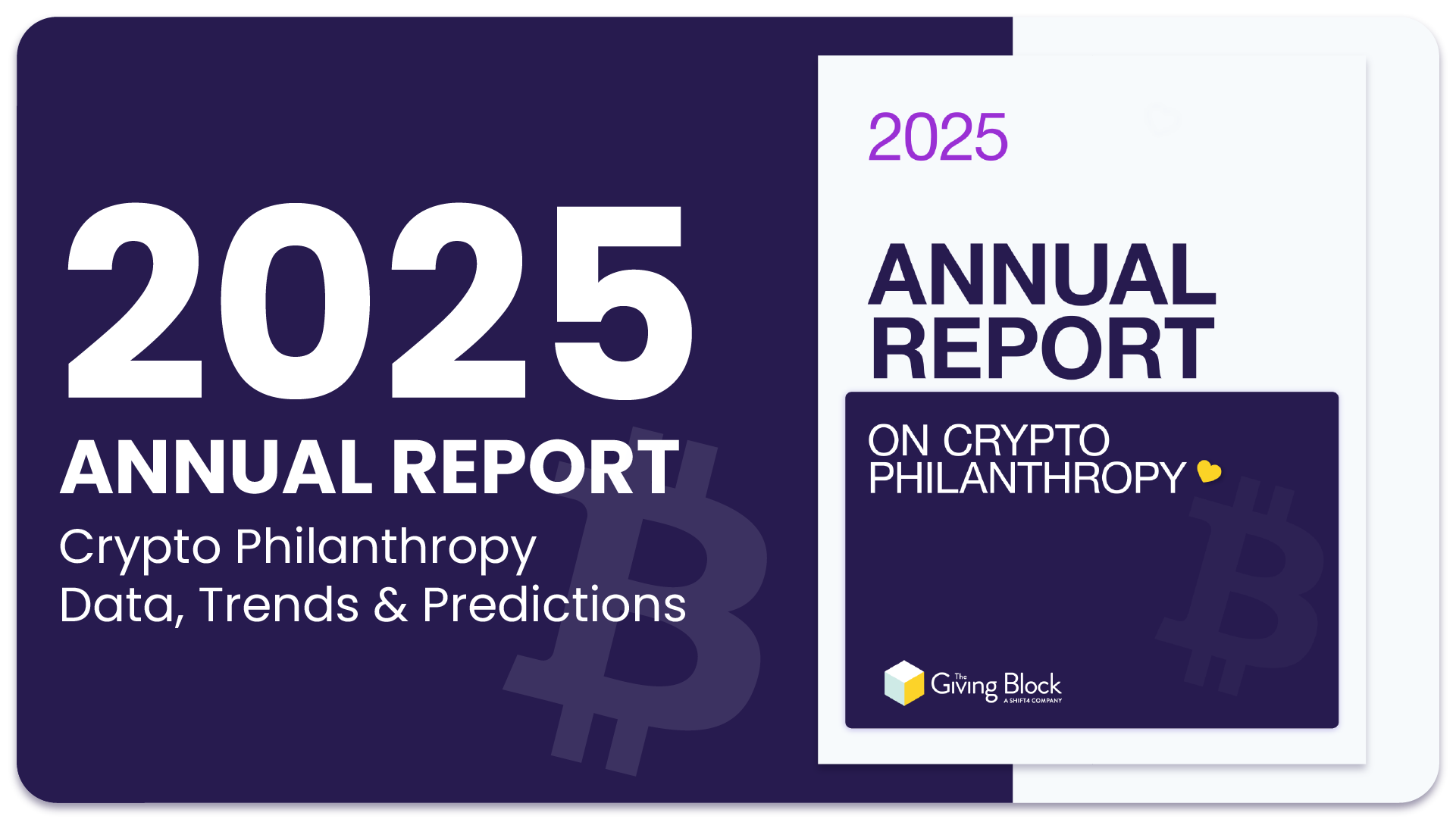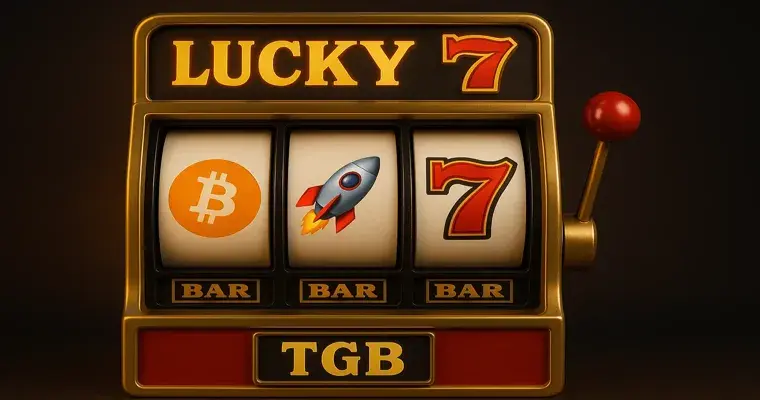Yes, crypto industry ads were noticeably absent during Super Bowl 2024 breaks.
But when the cameras panned to reveal Jack Dorsey, Jay-Z and Beyonce sitting together, it only took a few seconds to do what most million-dollar Super Bowl ads are designed to do.
It got the world talking.
Twitter founder @Jack Dorsey is wearing a #bitcoin “Satoshi” shirt at the Super Bowl sitting with Jay-Z and Beyoncé: pic.twitter.com/TytkCWyF3G
— Documenting ₿itcoin 📄 (@DocumentingBTC) February 12, 2024
With Jack’s iconic Nirvana-inspired Satoshi t-shirt — a bold homage to Bitcoin’s visionary creator — at the center of this viral moment, it caused the Internet to revisit the connection between these icons, including Jack’s company Square purchasing streaming service Tidal in 2021.
But to us, one very important link has been conspicuously absent from this week’s discourse. We’re talking about The Bitcoin Academy, an initiative launched by Jack and Jay back in the summer of 2022.
The program, personally funded by the two moguls, was created for residents of Brooklyn’s Marcy Houses, where Jay grew up. It aims to provide financial education, with an emphasis on Bitcoin as a path to financial freedom.
Shout out to @Jack. #Bitcoin Academy, starting in Marcy, a place that taught me so much, is hopefully the first of many. The simple goal is to provide people tools to build independence for themselves and then the community around them. https://t.co/4uHkCfdFZv
— Mr. Carter (@sc) June 9, 2022
The Bitcoin Academy even has a fellowship program to launch a fellowship program that provides mentorship, additional educational opportunities, and professional development.
In the current news cycle, crypto educational programs like these could easily be dismissed as nice little one-off crypto stories.
But in reality, they’re just small chapters in a longer narrative about a global community trying to empower the world — and doing it with cryptocurrency.
Crypto Adoption Is Moving Forward, Regardless of Crypto Prices
Today, an estimated 580 million people use crypto around the world. More than 100 million of them got started during the height of the recent market correction. Above all, this trend speaks volumes about the universal value people see in crypto.
We don’t have to go back far in history to see that Bitcoin was initially popularized as a tool for financial freedom, not as an investment asset.
Let’s rewind to 2008, at the height of the Great Recession. This was when Satoshi Nakamoto developed Bitcoin, envisioning it as an alternative to the traditional financial system.
What was — and is — so novel about Bitcoin? Among other key features, Bitcoin and most cryptocurrencies operate on blockchains that can run independently of governmental currency systems and are decentralized, in essence, to reduce the likelihood of a single point of failure, censorship or surveillance.
The word “decentralization” comes up a lot these days when discussing blockchain, and it is becoming more widely seen as a spectrum rather than an “all or nothing” concept.
But at the core of this ethos is the desire to build a more equitable system that is not reliant on gatekeeping practices that have left millions of people around the world underbanked or unbanked.
Activists in many countries have major problems with money – either they live under double or triple-digit inflation, or governments are easily able to surveil and shutter their bank accounts. Bitcoin can play a huge role here because it cannot be censored or stopped.
Crypto doesn’t discriminate against users based on their gender, sexual orientation, or class.
Crypto doesn’t require you to have a social security number.
And crypto doesn’t require you to have a credit score or bank approval.
So what can crypto do?
Crypto can bank the unbanked.
Crypto can support human rights.
Crypto can provide financial support to activists.
And crypto can help fund charitable causes around the world.
Crypto donations support our purpose to uphold children’s rights to survival, protection, and education as they face the triple impact of conflict, climate change, and the COVID-19 pandemic.
Increasingly, charities turn to cryptocurrency users for donations to help boost their operating revenues, which helps them further their missions.
In turn, the world’s 580 million crypto users have responded by donating crypto worth billions of dollars in value to organizations fighting for a more sustainable planet, providing free mental health services, advocating for human rights, and more.
So sure, the Super Bowl didn’t feature big-budget crypto ad spots with celebrities this year.
But one viral moment helped shine a light on the revolutionary impact of cryptocurrencies like Bitcoin.
On a night filled with Internet-breaking, meme-worthy content, let’s not let this little moment go underappreciated.
And if it inspires anyone else in our community, we’ll count it as a touchdown in our books.




















